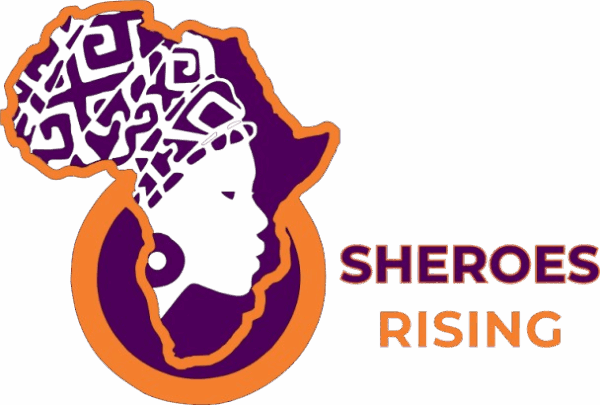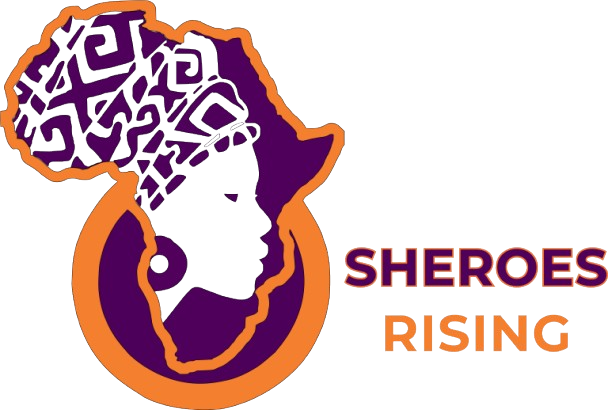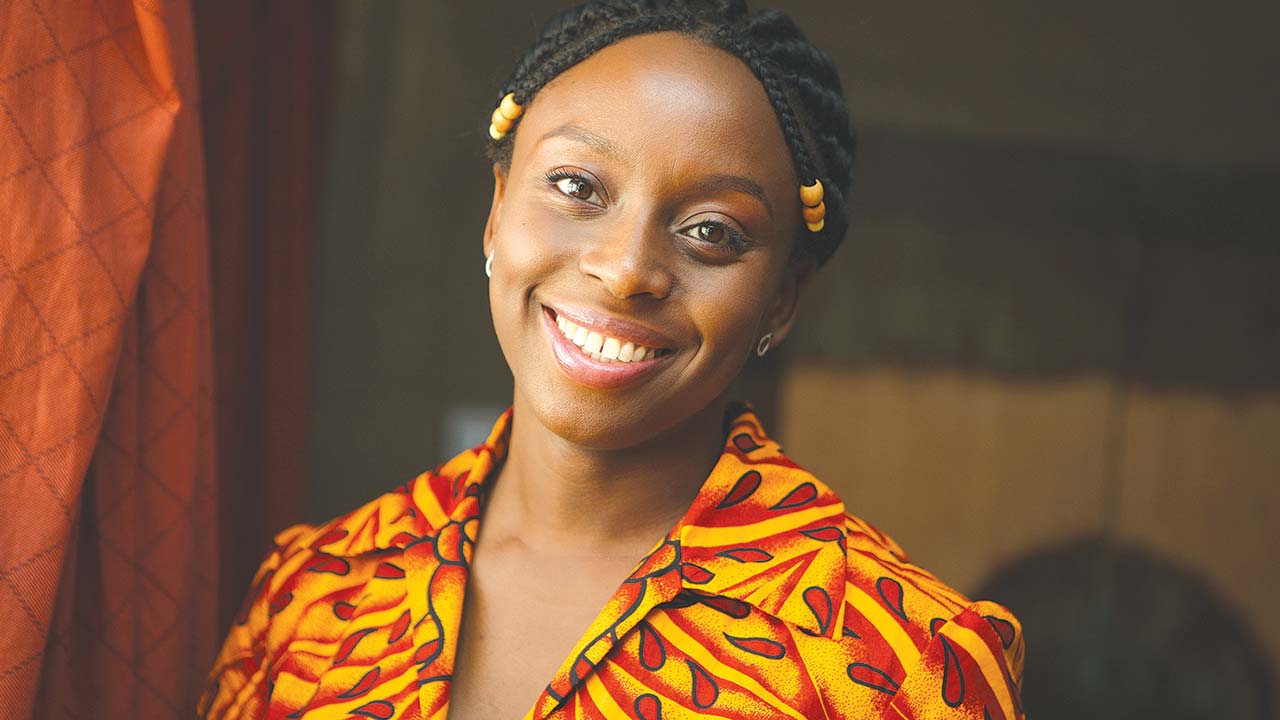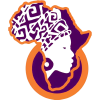
Chimamanda Ngozi Adichie
The bliss of ignorance…
On 18 May 2016, Chimamanda Ngozi Adichie joined a number of distinguished Americans, including filmmaker Spike Lee and Nobel Prize Winning Neuroscientist Richard Axel to receive the Johns Hopkins University honorary degree at the institution’s 2016 commencement ceremony.
Adichie, who completed a master’s degree in creative writing at Johns Hopkins University in 2003, shared nuggets of wisdom with the graduates via a video available on the university’s website.
Speaking to graduates, Adichie said, “Eat real food as often as you can and embrace ignorance. Say those words ‘I don’t know.’ Because by embracing ignorance we open up the possibility of knowledge.”
How wonderful it is for a woman of letters to advise ignorance – or what I choose to call ‘informed ignorance’.
Back in another life, I was a teacher of English. While training for my degree, the best advice I had received was from a seasoned teacher who said, “Always admit to your students when you don’t have the answer to their question but assure them you will go and find out. They will have more respect for you.”
Years later, I discover almost daily, this work in all situations, with employees, if you are the boss; with the boss if you’re an employee; with clients, if you are your own boss. There is bliss in having the confidence say “I don’t know” and walking down the path to new knowledge.
How lucky are the Johns Hopkins Class of ’16 to hear such wise words from such a wondrous woman?
Higher wages and lower heels
Almost consecutively in the last two weeks, two women made headlines internationally. At a charity event earlier this week, the “House of Cards” actress told the story of how she negotiated a pay raise that would put her on equal footing with her co-star, Kevin Spacey, who is rumored to earn half a million dollar for each episode of the hit Netflix series.
The actress who threatened to “go public” joins the ranks of Jennifer Lawrence, Patricia Arquette and Emma Watson who have publicly denounced the pay gap in Hollywood. And kudos to her.
However, elsewhere, the fight continues – even within Hollywood. Viola Davis recently spoke about the issue, reminding us all that black actresses in the industry have a longer way to go yet even to attain equal footing and pay as their white peers.
“The struggle for us as women of color is just to be seen the same as our white female counterparts,” Davis said. “Forget the men! We’re not even in that realm yet … It’s like talking to someone who lives in poverty! ‘You don’t want that Bentley?’ They’re like ‘Shoot, I’m just trying to get bus fare money.’”
Beyond Hollywood and in the offices, women, it seems, have more to fight for than just equal pay as the news of Nicola Thorp, a temp at PwC in London, which made headlines last week shows. Thorp arrived at work in flats only to be told to go home for not wearing heels.
For many black women around the globe, who have been told their natural hair was not ‘professional enough’, this struck a chord. Ironically, Vanessa Vallely, the founder of WeAreThe City – a company that offers networking, support and advice for working women – and a white British woman, remembers how 25 years ago at the start of her working career she was told her curly hair was ‘too wild’
In an interview with Metro this week, when asked what she would tell anyone who asked her to tie her hair back now, Vallely said, “I would tell them my hair doesn’t reflect my capability and it is staying as it is.”
Sad that, no matter how much we try to fight it, it still seems much like a men’s world, when we have to still fight for equal pay and the right to our own professional style, be it heels, flats, corn rows or Afros.
A long road to recovery…
We also rejoiced this week with the news that the first of the 219 Chibok girls, Amina Ali Nkeki was found after 764 days in captivity. Now 19 years old, she had with her a four or five month old nursing baby and a man who referred to himself as her “husband,” a man who the majority believe is a Boko Haram fighter masking himself as one who was also a prisoner of war and Bring Back Our Girls co-founder Obiageli Ezekwesili referred to in her tweets as “one of the abductors who violated her”.
On Friday morning came the news that another Chibok girl, Serah Luka, was back from the grips of terror. She is said to be one of the 100 hostages recued by the Nigerian army following an operation in Damboa.
While Nigerian government assures the world that the operations will continue and the rest of the 219 girls will be recovered, we should focus on the long road ahead for the girls who are rescued.
This is not time to sensationalise Amina’s or Serah’s stories, to parade these girls in front of the media as the success of the Nigerian army or to turn them into the flagbearers of any cause. As any victim of a life-altering trauma, these girls will need months, if not years of, rehabilitation. If the timid look in Amina’s eyes is anything to go by, these girls have seen things no girl their age should have to see, so before probing and poking them to find out about the last two years, let us let them exhale, for they will need all their strength for the long journey of recovery. Let our keywords be: rescue, recover, reintegrate.
Source: TaggedWoman









